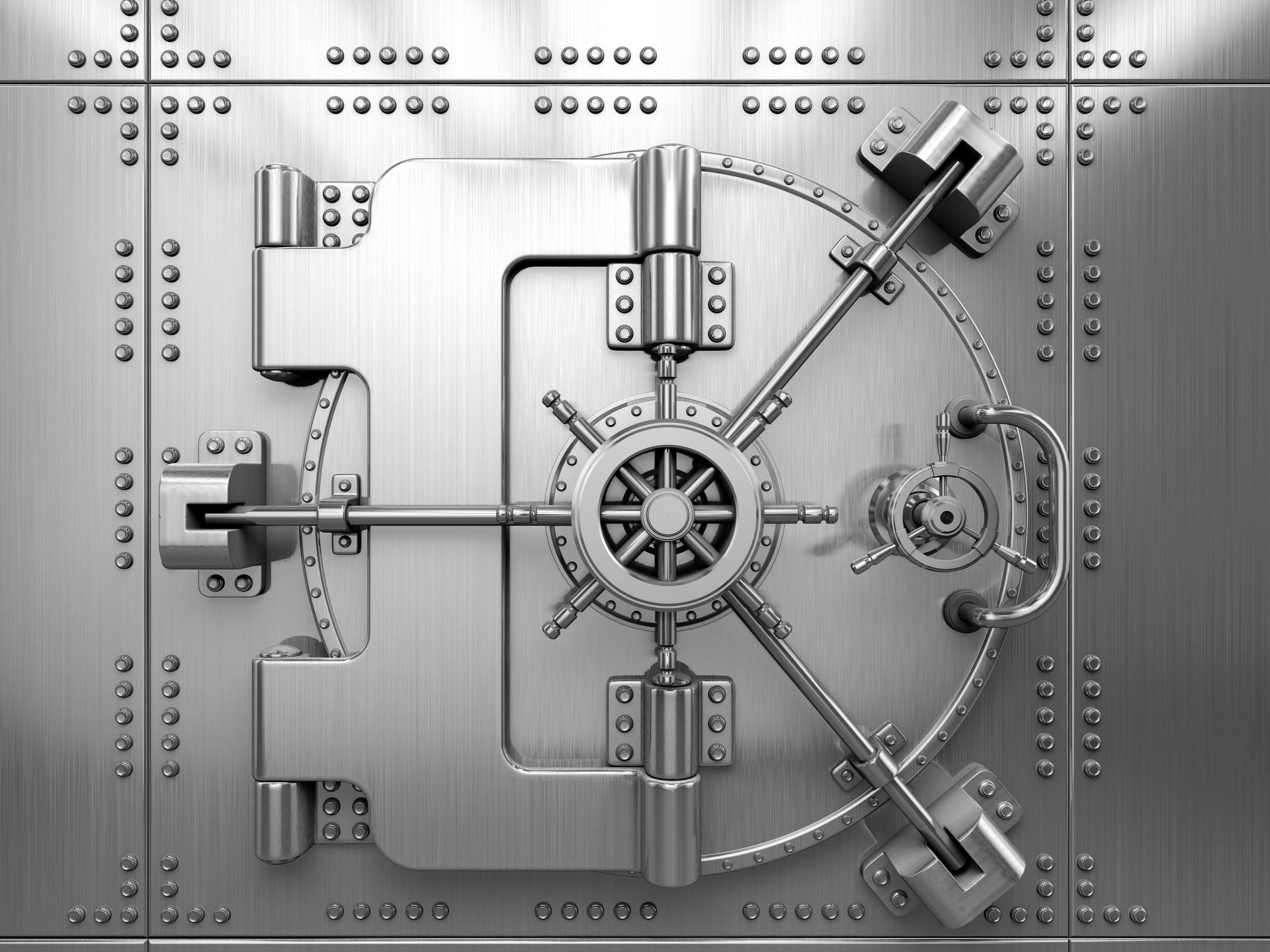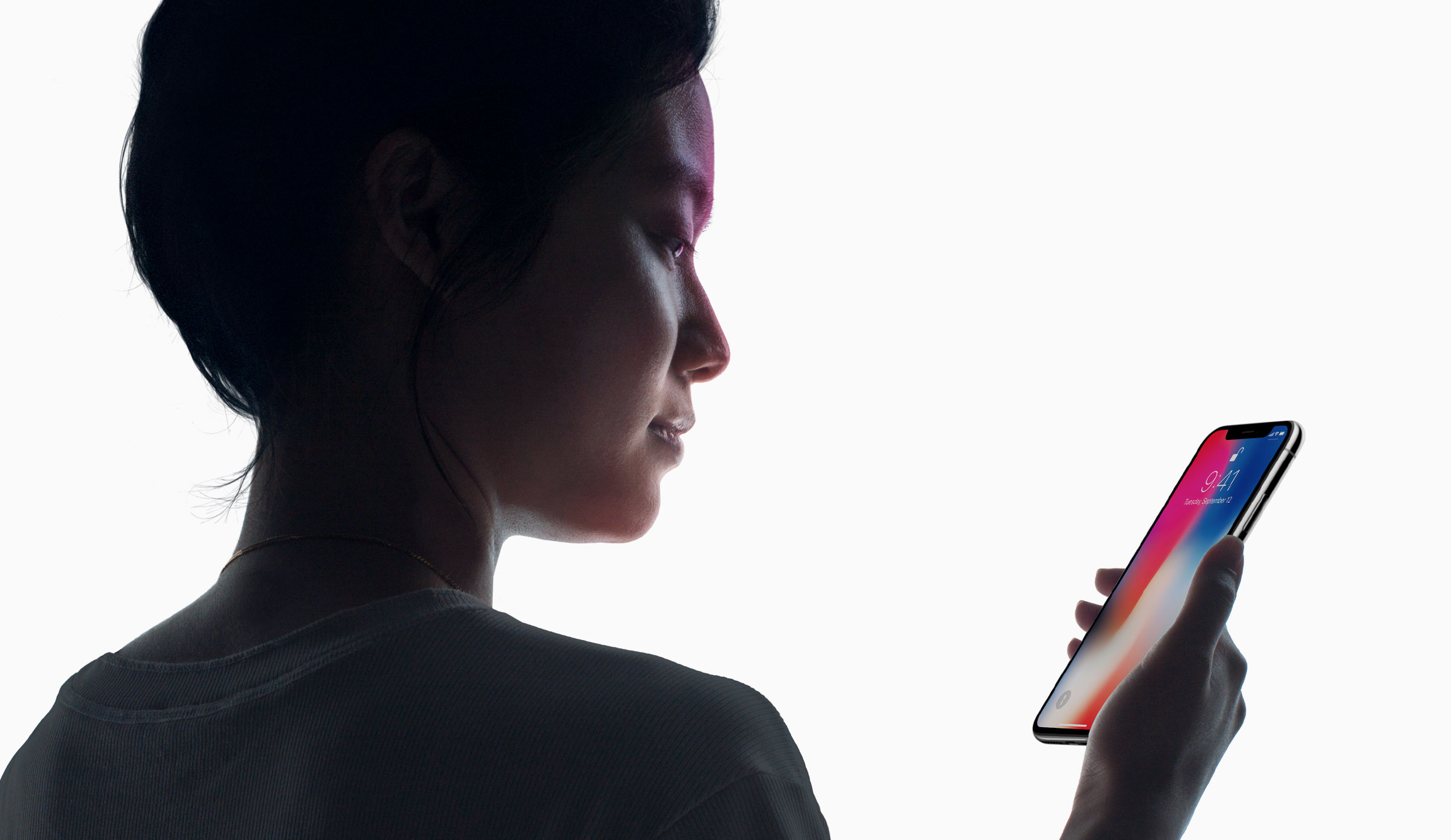The world of payments and banking is changing. Services like Apple and Google offer an improved user interface for conventional credit card networks. Buy now pay later services like Afterpay are changing the credit industry. And now Facebook is launching a blockchain-like technology to build a new payment network along with its own currency.
This new cryptocurrency is called Libra and is meant to provide bank accounts to the ‘unbanked’ of the world. Facebook has assembled a roster of launch partners for its Libra project. Visa, MasterCard, and PayPal are backing the effort. So are Uber and Lyft, as well as several venture capital firms and non-profit organisations.
Facebook claims the new cryptocurrency will help people with no bank, but critics fear it could destabilise emerging economies.
They claim to want to “address the anomaly…that 1.7 billion people are completely unbanked, despite a billion of them having mobile phones,” wrote David Marcus, the head of Facebook’s Libra company, Calibra.
A situation he believes could be solved, in part, by Libra, a global digital currency that users could send online, much like a text message.
Nearly half of the unbanked of the world live in Bangladesh, China, India, Indonesia, Mexico, Nigeria and Pakistan.
However, there is no company or institution from these countries currently represented among the 28 founding members of the Libra Association, the group that will manage the cryptocurrency.
According to The ABC, Russell Toth, a senior lecturer at the University of Sydney who specialises in development economics, said the lack of participation from companies in “unbanked” regions was “somewhat glaring given the stated goals of the project”.
However, he pointed out that several aid organisations such as Mercy Corp and the micro-loan provider Kiva are part of the Libra Association. Companies like Visa and Uber are also members.
The association aims to have 100 partners by 2020. A Facebook spokesperson said it “looks forward to welcoming additional Founding Members from diverse backgrounds”. In many of the potential target countries, there has been a recent boom in homegrown financial technology.
Practical questions abound, such as how users will transfer the cryptocurrency into cash?
In Kenya, for example, a mobile money service known as M-Pesa allows users without a bank account to deposit money with a local agent, who transfers the balance to their mobile device. They can get cash out the same way.
In Myanmar, where he has worked, Dr Toth said a rapid telecommunication rollout has made Facebook synonymous with the internet — a situation human rights groups claim has exacerbated the country’s sectarian violence.
But it also makes the country potentially fertile ground for the Libra network. “Building an accessible digital wallet into Facebook in a setting like that — at a high level it has a lot of potential,” Dr Toth said.
Yet, he too had questions: “Where will you convert Libra coin into Myanmar kyat? And [will] the places where people buy stuff start taking digital payments?”
We will be watching Facebooks next moves with Libra in the coming months along with the rest of the world!





